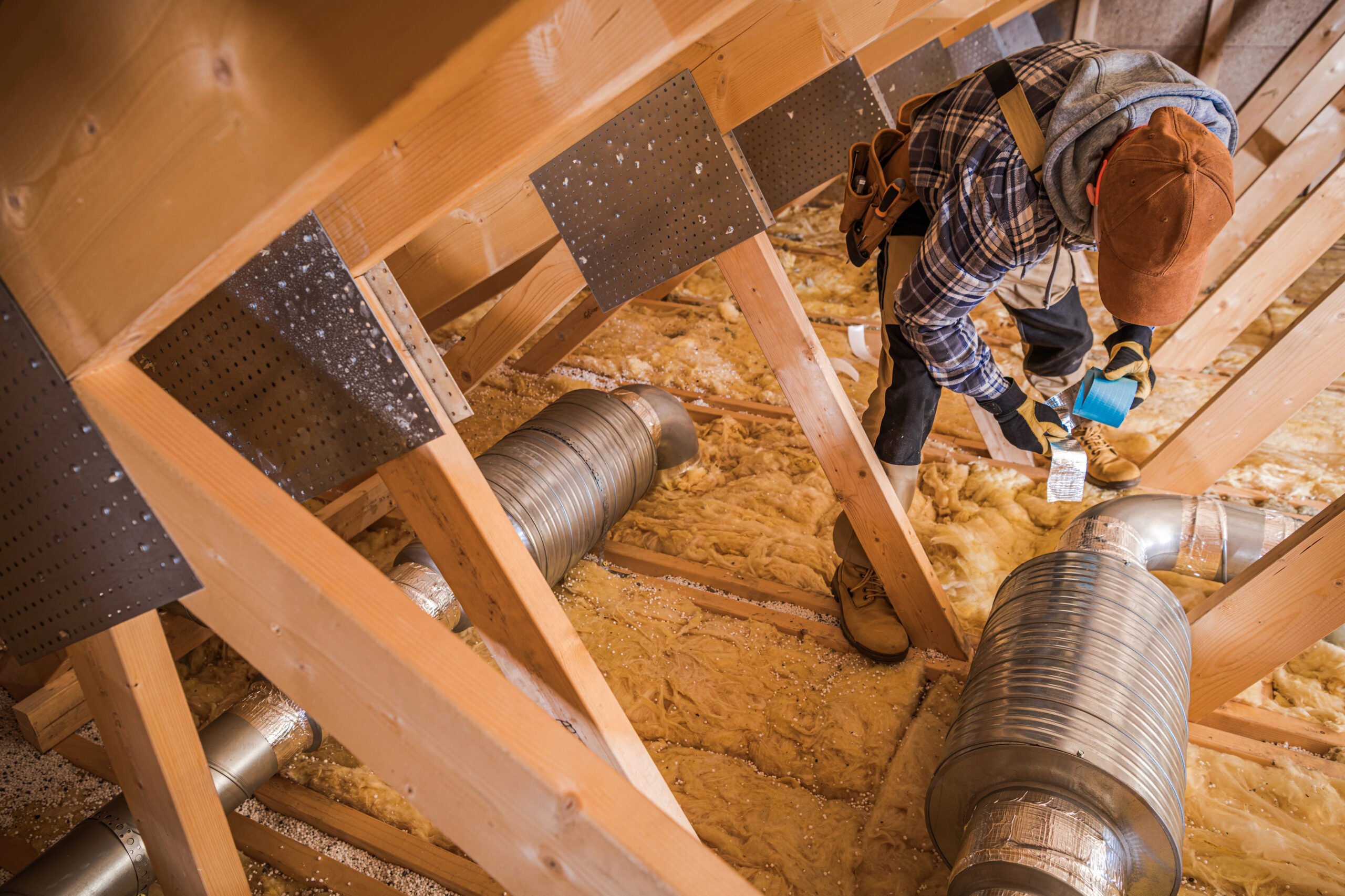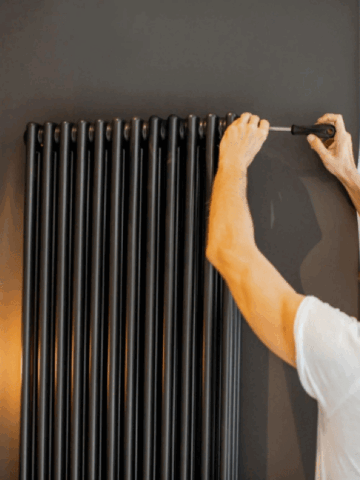Attic cleaning in Houston uncovers common problems like rodents, mold, moisture, and damaged insulation caused by the city's humid climate. Learn the top issues professionals find during attic cleanings and how regular maintenance improves air quality, prevents costly damage, and boosts energy efficiency.

Disclaimer: this post may contain affiliate links, and every purchase made through these links will give me a small commission (at absolutely no extra cost for you!) AS AN AMAZON ASSOCIATE AND REWARDSTYLE MEMBER, I EARN FROM QUALIFYING PURCHASES. See Privacy Policy for additional info.
Attics in Houston face unique challenges due to the city's warm, humid climate. Over time, this hidden part of the home can collect dust, moisture, and pests that quietly cause damage and raise energy costs. Many homeowners overlook these issues until they lead to bigger problems, such as poor air quality or structural decay.
Understanding what problems appear most often during attic cleanings helps homeowners protect their property, save money, and maintain a healthier living space. This article outlines the top five issues professionals often uncover in Houston attics and explains why regular cleaning and inspection make a lasting difference.
Rodent infestations cause damage and noise
Rodents often move into attics to find warmth and shelter. Their presence usually becomes clear through scratching or gnawing sounds at night. These noises can disturb sleep and point to hidden damage behind walls or insulation.
They chew through wires, wood, and insulation, which can lead to electrical problems or air leaks. Droppings and urine may also create unpleasant odors and raise health concerns. Regular inspections help identify these signs before the damage spreads.
Homeowners often contact attic cleaning specialists in Huston to locate entry points and remove contaminated materials. Professionals can clean and seal the area to prevent another infestation. This step protects both the home's structure and indoor air quality.
In older homes, rodent nests may hide under insulation or near vents. Removing these materials safely prevents allergens and bacteria from circulating through the house. A clean, sealed attic keeps pests out and helps maintain a healthier living space.
Moisture buildup leading to mold and wood rot
Moisture often collects in attics because of roof leaks, poor ventilation, or blocked vents. Warm air from inside the home can rise and meet cooler surfaces, which allows condensation to form. Over time, this damp environment supports mold growth and weakens the wood structure.
Mold feeds on organic materials such as wood and insulation. As it spreads, it breaks down the wood fibers and causes decay. This process can lead to soft or discolored wood, musty odors, and visible dark spots on beams or rafters.
Wood rot develops after long exposure to moisture. The affected areas lose strength and may crumble or warp. In severe cases, structural repairs become necessary to restore safety and stability.
Homeowners can reduce these issues by improving ventilation, sealing roof gaps, and fixing leaks quickly. Regular attic inspections help detect early signs of moisture before mold or rot cause serious damage.
Accumulation of Dust and Debris Affecting Air Quality
Attics often collect dust, dirt, and small debris over time. Air movement from vents or gaps can carry these particles into living areas. As a result, indoor air may feel stale or cause irritation for people with allergies or asthma.
Loose insulation, old boxes, and stored items trap fine dust that spreads through the house. In Houston's humid climate, this buildup can mix with moisture and create musty odors. It may also attract pests that add more contaminants to the air.
Regular cleaning and proper sealing of attic spaces help reduce dust spread. Homeowners who maintain air filters and ventilation systems notice fewer airborne particles. Therefore, keeping the attic free of debris supports cleaner, healthier air throughout the home.
Damaged or Insufficient Insulation Reducing Energy Efficiency
Attic cleanings in Houston often reveal insulation that no longer performs as it should. Over time, insulation can settle, tear, or absorb moisture, which reduces its ability to trap heat. As a result, indoor temperatures fluctuate more, and heating or cooling systems must work harder to maintain comfort.
Poor or thin insulation allows warm air to escape during winter and lets heat enter during summer. This imbalance causes higher energy bills and uneven room temperatures throughout the home. Homeowners may also notice drafts or hot spots that make certain areas uncomfortable.
Inspectors often find gaps near ductwork, vents, or recessed lights that leak air. Replacing damaged insulation or adding new material can correct these issues and improve overall energy efficiency. In humid climates like Houston, proper insulation also helps control moisture, which prevents mold growth and protects the home's structure.
Ventilation problems causing heat and humidity issues
Poor attic ventilation often traps hot air and moisture inside the space. In Houston's warm climate, this buildup can raise indoor temperatures and strain air conditioning systems. As a result, homeowners may notice higher energy bills and uneven cooling throughout the house.
Moisture that stays in the attic can also create mold or mildew. These growths may spread to insulation or wooden beams, causing unpleasant odors and possible structural damage. Over time, materials in the attic can warp, rust, or weaken from constant exposure to damp air.
Proper airflow helps move heat and humidity out of the attic. Roof vents, soffit vents, and attic fans can improve circulation and protect the home's structure. Regular inspections allow homeowners to spot blocked vents, damaged insulation, or other issues before they lead to costly repairs.
Conclusion
Regular attic cleaning in Houston helps protect homes from moisture, pests, and insulation damage. The city's humid climate increases the chance of mold growth and pest nests, which can harm air quality and energy efficiency.
Homeowners who schedule inspections reduce the risk of hidden leaks, rodent waste, or damaged wiring. These problems often go unnoticed until they cause costly repairs.
A clean attic supports healthier indoor air and better temperature control. By staying proactive, residents keep their homes safer, cleaner, and more efficient year-round.




Leave a Reply